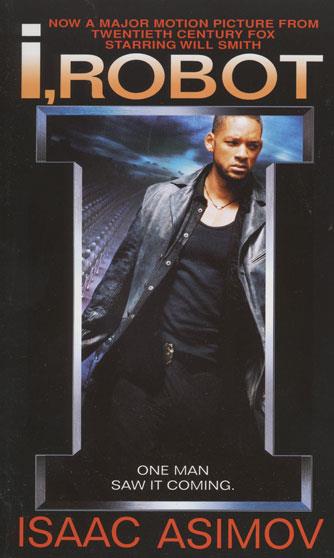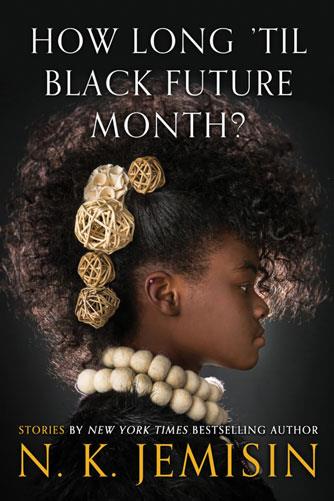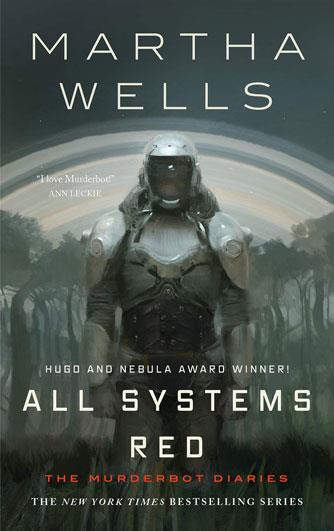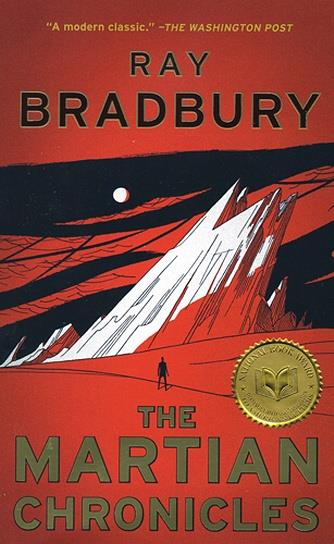In today's rapidly changing world, artificial intelligence (AI) is no longer just a concept confined to the realms of science fiction. Every day, we hear stories about advancements in the technology, from the rise of chatbots and language models to the explosion of AI-generated media flooding social platforms.
What is artificial intelligence, exactly? Let’s ask AI itself! Here’s the definition, according to ChatGPT:
Artificial intelligence (AI) refers to the simulation of human intelligence processes by machines, typically computer systems. These processes include learning (the acquisition of information and rules for using it), reasoning (using rules to reach approximate or definite conclusions), and self-correction. AI aims to create systems that can perform tasks that would normally require human intelligence, such as visual perception, speech recognition, decision-making, and language translation.
As ELA educators, it’s important to help students explore AI not only from a tech perspective but also through the lens of literature! Let’s take a look at five classic and contemporary stories that offer a captivating way for students to discuss ethics, humanity, and the impact of AI technology on society.

“Evidence” from I, Robot
Isaac Asimov
Long before arguments about AI ethics hit mainstream conversation, science fiction icon Isaac Asimov tackled the issue when the technology was just emerging. He created guidelines for the behavior of robots in his stories called the Three Laws of Robotics:
1. A robot may not injure a human or, through inaction, allow a human to come to harm.
2. A robot must obey the orders given it by humans except where such orders would conflict with the First Law.
3. A robot must protect its own existence as long as such protection does not conflict with the First or Second Law.
Asimov used these laws to create moral challenges in his stories about AI, like "Evidence" from his 1950 book, I, Robot. “Evidence” follows district attorney Francis Quinn and robotics expert Dr. Susan Calvin as they try to prove that Quinn’s political rival, Stephen Byerley, is a robot in disguise. But Byerley's actions stray from the Three Laws of Robotics; Byerley punches a man in front of a crowd, breaking the First Law and proving to the public that he’s human. However, Dr. Calvin isn’t convinced, since a robot could break the First Law if it hit another humanoid robot. When confronted, Byerley gives a cryptic answer, leaving the question of his true nature open-ended.
Today, we’ve already seen AI-powered deepfake media involving real politicians in which people use their voices and likenesses to generate fabricated statements. Is it really too much of a stretch to suggest that some time in the future, we may encounter “fake” politicians in the flesh? Time will tell…
Buy this book
Scythe
Neal Shusterman
In Neal Shusterman’s dystopian tale, humanity has virtually eliminated war, hunger, disease, and even death. Nations and governments no longer exist. Instead, the world unites under the Thunderhead, a benevolent artificial intelligence that manages resources, maintains peace, and ensures a high quality of life for all.
But the Thunderhead can only help so many people. At the same time, its programming prevents it from ending lives. That grim task is left to the Scythedom, professional human reapers that keep population numbers at optimal levels. The two systems work independently, making it clear that the AI doesn’t have absolute control over human life.
Scythe's morbid premise suggests that while AI could theoretically create a “perfect” society, there are fundamental aspects of the human condition—such as making difficult moral choices—that can’t and shouldn’t be automated.
Buy this book

“The Trojan Girl” from How Long ‘til Black Future Month?
N. K. Jemisin
If you’re looking for a short story told from an artificial intelligence’s perspective, try “The Trojan Girl” by award-winning author N. K. Jemisin. This highly conceptual story takes place in the Amorph, a digital world parallel to ours and inhabited by sentient code-based programs. While these programs are intelligent, they’re incapable of surpassing the human mind.
A program named Meroe resents humanity for suppressing beings like him in the Amorph. He’s tried to act like humans in order to understand them, but he’s missing a fundamental element that he just can’t identify.
Meroe finally gets the answer he needs when a rogue program enters the Amorph. Taking the form of a young girl, the program has a feature Meroe has never seen before: the ability to dream. After he installs the dream feature, Meroe suddenly feels empathy, the very thing he needed to fully become “human.”
Because of its abstract storytelling, “The Trojan Girl” may be challenging for students. But its depiction of AI offers plenty of topics for class discussion that makes it a worthwhile read. What really separates AI from human intellect? Is it AI’s inability to grasp complex emotions like compassion and love? Could the technology ever reach that point?
Buy this book

All Systems Red
Martha Wells
All Systems Red gives us a more humorous view of artificial intelligence than others on this list. In a spacefaring future, a group of scientists conducts tests on a distant planet, accompanied by a SecUnit—a security android tasked with their protection. However, this android is different from the rest. By hacking its own governor module, the SecUnit has gained sentience and names itself "Murderbot."
Despite its new autonomy, Murderbot just wants to spend its time watching TV shows and avoiding human interaction. Unfortunately, things take a dangerous turn, and Murderbot needs to put aside its wants for the sake of the mission. As the story progresses, Murderbot begins to form real relationships with its human companions, choosing to protect them of its own free will rather than its programming.
Like “The Trojan Girl,” All Systems Red comments on AI and its perceived emotional limitations. Even though Murderbot is a machine, it shows emotions like empathy, loneliness, and self-doubt. This breaks the idea that AI are purely rational and hints that AI programs might eventually feel emotions similar to humans.
Buy this book

“The Long Years” from The Martian Chronicles
Ray Bradbury
One of the final stories in Ray Bradbury’s The Martian Chronicles, “The Long Years” follows a crew of explorers as they return to the Mars colony, now nearly deserted following a war. The only people they encounter are a man named Hathaway and his family. Captain Wilder recognizes them from an expedition 20 years prior and notices that while Hathaway has aged, his wife and children still look young.
It turns out Hathaway’s family members are actually intelligent androids; their human counterparts died a long time ago. Hathaway himself dies soon after meeting the crew. Wilder asks the android wife how she feels, and she explains that Hathaway programmed the androids so they’d never experience sadness or loneliness. One of the explorers suggests shutting down the androids out of pity before they depart, but Wilder disagrees, saying they have a right to live.
“The Long Years” frames AI companionship as a remedy for loneliness after loss, but it also poses a challenging question: Is it ethical to create AI beings to replace the deceased? In Hathaway’s case, his androids gave him comfort as he lived in isolation. But could they really replace his human family?
Buy this book
Discount Paperbacks for Every Classroom
Shop these titles and more at Prestwick House! Whether you order one copy or one thousand, save on every paperback purchase with our exclusive educator’s discount.
- No minimum
- You’ll always save at least 25% on every paperback you buy—even if you purchase only one.
- Shop Now
- Over $500
- If the total retail value of your order is over $500, you’ll save 30% on every paperback.
- Shop Now
- Over $2,500
- And if the value of your order is over $2,500, you’ll save 35%! It's that simple!
- Shop Now
All discounts are automatically applied to your cart.
And remember, Literary Touchstone Classics are always 50% or more off for schools and teachers!